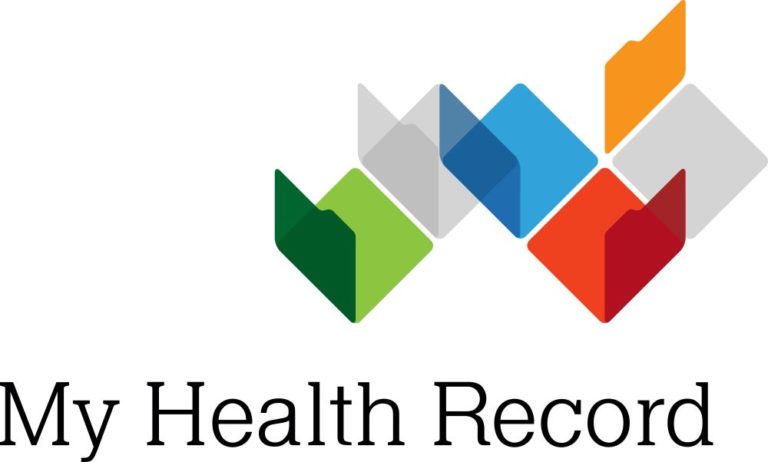[vc_row][vc_column][vc_column_text]“It’s inevitable that government will have to make tough decisions about whether more subsidies are the answer to the impending crisis,” said lead author and Grattan Institute Health Program Director Stephen Duckett.
“Governments have failed to clearly define the role of private health insurance since Medicare was introduced in the 1980s. The upshot is we have a muddled health care system that is riddled with inconsistencies and perverse incentives,” Professor Duckett said.
The working paper has generated a broad-ranging set of responses, with the Consumers Health Forum CEO Leanne Wells urging the Federal Government to establish a Productivity Commission inquiry into the role of private health insurance, a call that has been echoed by a number of other healthcare stakeholders.
Australian Private Hospitals Association Michael Roff said that the report shows a lack of understanding of the private health sector to Australian health care.
“The report – which by its own admission raises questions but provides no answers – fails to understand the basics of private hospital care. This is concerning when it claims to be the basis for discussing Government support of health insurance,” said Mr Roff.
“As a basis for policy-maker decision making, its failure to understand what private hospitals offer Australians it is a poor starting point for the debate,” Mr Roff said.
Private Healthcare Australia CEO Rachel David criticized the report for being “light on solutions” and claimed to “already know what the issues are with private health and how to fix them”.
“It is time to repeat the successful collaborative effort demonstrated through the Government’s PHI reforms package,” said Ms David, who then went on to point the finger at the medical devices industry, who are to date the sole contributor to delivering the lowest PHI premium increase in 18 years.
According to Medical Technology Association of Australia CEO Ian Burgess, the costs for medical devices have fallen in every quarter since the Agreement with the Federal Government signed in 2017.
“These cost reductions are a direct result of the $1.1 billion dollars in cuts delivered by the MedTech industry through the Agreement and demonstrate the our industry’s active contribution to the affordability of healthcare in Australia,” Mr Burgess said.
“The Agreement signed in October 2017 will save private health insurers $1.1 billion in payments for medical devices over the next four years.
“Recent APRA data on private health insurers shows them continuing to enjoy strong profitability, with after tax profits up almost 20% over the past three years as affordability for ordinary Australian families goes down,” said Mr Burgess.
APRA recently called out the private health insurance industry for being too reliant on lobbying government to provide solutions and underprepared for the challenges that lie ahead.[/vc_column_text][/vc_column][/vc_row]




